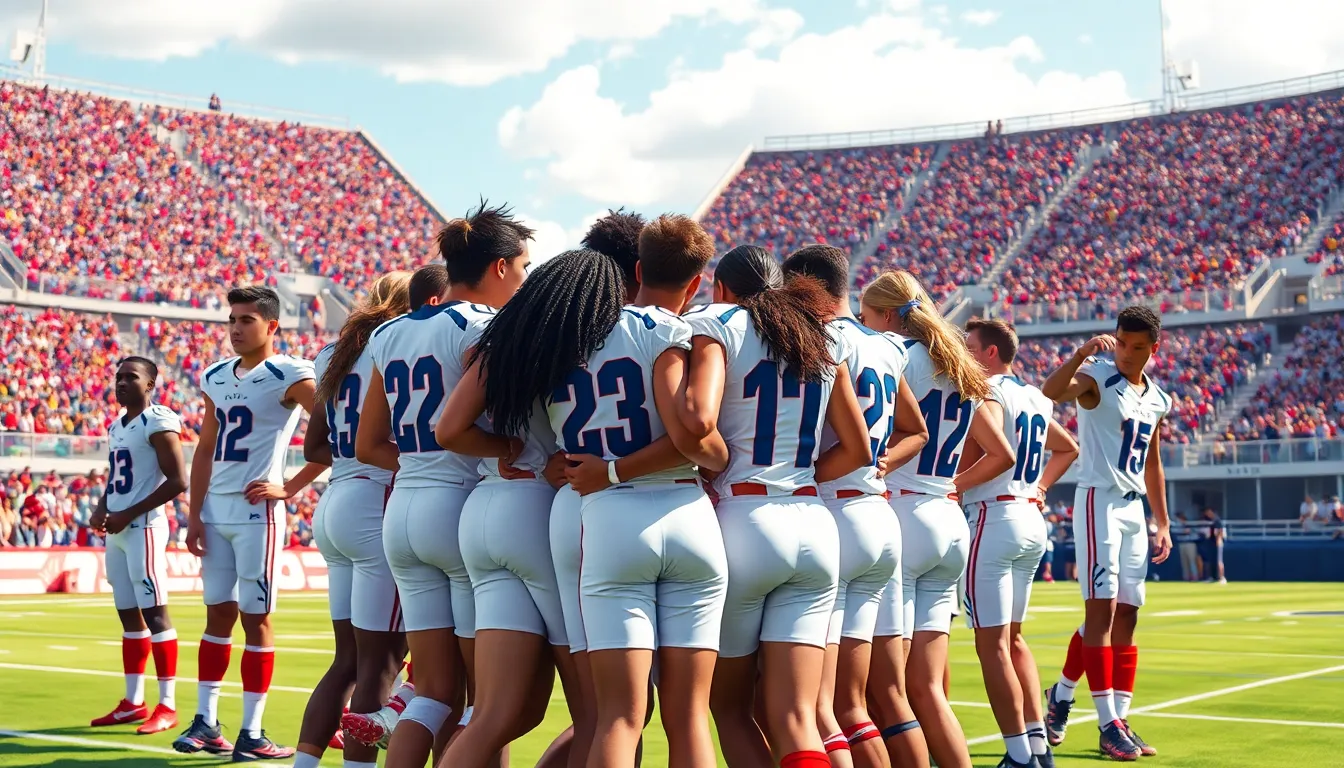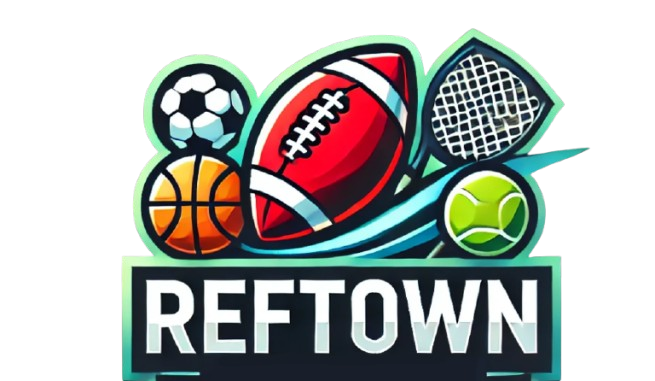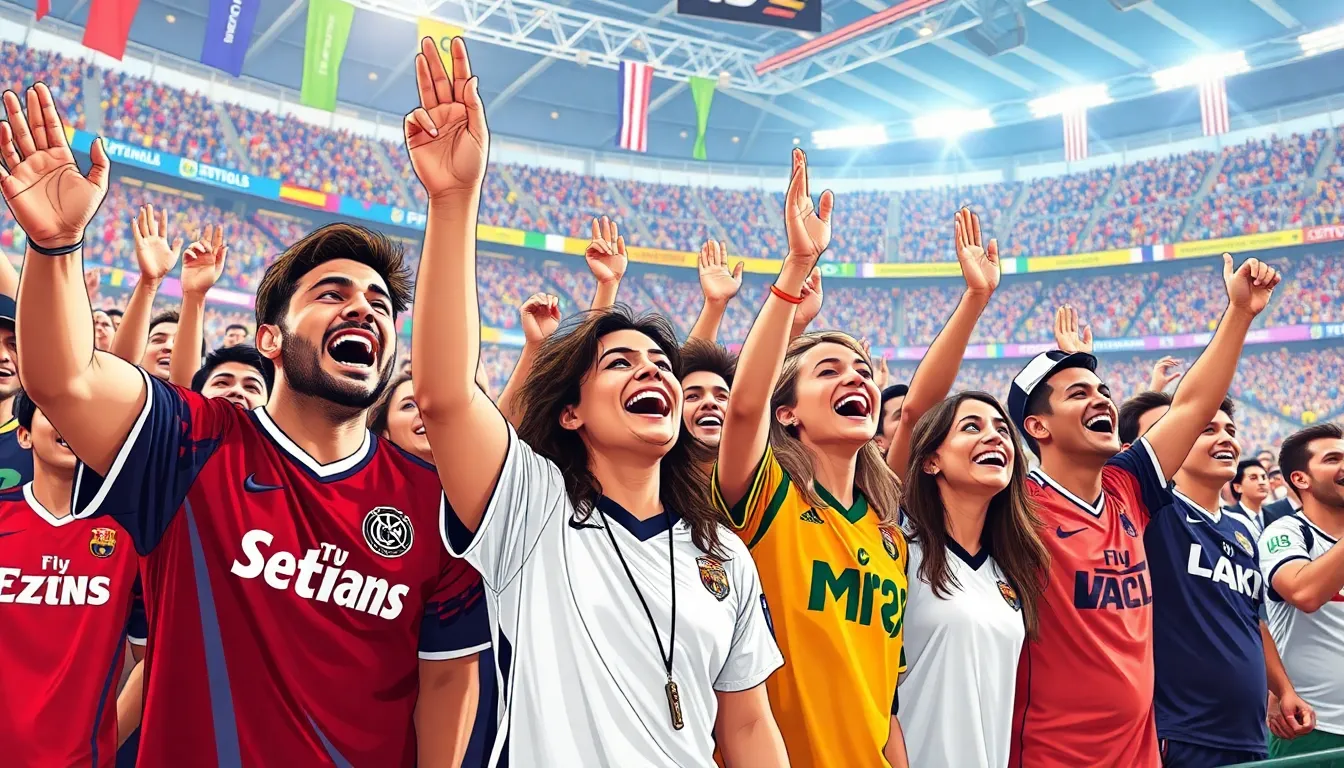Sports teams have a magical way of bringing people together, igniting passions and sparking heated debates over who’s the best. Whether it’s the thrill of a last-minute goal or the nail-biting suspense of a championship game, these teams create unforgettable moments that fans cherish for a lifetime. It’s not just about the wins and losses; it’s about the camaraderie, the rivalries, and the shared joy of rooting for a common cause.
Popular Sports Teams
Popular sports teams embody culture and community, aligning fans through shared experiences. Teams like the New York Yankees and Manchester United command global followings, showcasing their influence in sports. Their histories of success fuel loyalty from millions, creating a sense of pride among supporters.
In the National Football League, teams such as the Dallas Cowboys and Green Bay Packers emerge as fan favorites. These teams cultivate strong rivalries that engage audiences and heighten game-day anticipation. Similarly, in Major League Basketball, franchises like the Los Angeles Lakers and Boston Celtics showcase rich histories filled with championship glory and star athletes.
College sports also play a significant role in team culture, with schools like the University of Alabama and Duke University drawing passionate fan bases. These collegiate teams inspire local communities, highlighting school spirit through exciting athletic events.
Internationally, soccer clubs such as FC Barcelona and Liverpool FC unite followers through thrilling matches and iconic players. Their vibrant atmospheres during home games generate electric experiences for attendees.
From professional leagues to college athletics, popular sports teams shape identities and foster connections. These teams’ achievements, rivalries, and traditions resonate deeply with their fans, forging bonds that surpass the game itself.
Characteristics of Successful Teams

Successful sports teams share distinct characteristics that contribute to their achievements on and off the field. Key elements, such as strong leadership and talented players, play significant roles in navigating challenges and fostering unity.
Strong Leadership
Effective leaders make decisive choices that inspire players and influence outcomes. Coaches exhibit vision and strategy, guiding teams through adversity and motivating athletes to perform at their best. Successful teams often showcase clear communication, fostering an environment where players understand their roles and expectations. Additionally, leaders instill confidence, creating a culture of accountability that pushes team members to collaborate and strive for excellence.
Talented Players
Talented players are crucial to the overall success of any team. Individual skills in areas such as scoring, defense, and teamwork elevate the entire group. These players often display versatility, allowing for tactical adjustments when necessary. High-caliber athletes maintain physical fitness and mental resilience, impacting their performance during critical moments. Moreover, elite players often share a respect for one another, which fosters synergy and enhances team dynamics.
Most Popular Sports Teams by Sport
Popular sports teams attract millions of fans worldwide. They represent not only their cities but also their sports, creating a culture around them.
Football
The NFL features teams like the Dallas Cowboys and New England Patriots, known for their extensive fan bases. Championships and playoff appearances solidify their reputations. Strong rivalries, such as the Cowboys versus the Washington Commanders, amplify excitement during the season. Historical significance also plays a role, as teams with deep-rooted traditions connect fans to their past.
Basketball
In the NBA, the Los Angeles Lakers and Boston Celtics dominate in popularity. Their storied rivalries date back decades, captivating fans through thrilling playoff encounters. Star players, such as LeBron James and Stephen Curry, increase visibility and engagement. Community ties reinforce support, making these franchises more than just teams; they embody regional pride.
Baseball
The New York Yankees and Chicago Cubs stand out in Major League Baseball, representing iconic sports franchises. Championships contribute to the Yankees’ allure, while the Cubs’ strong fan loyalty has grown since breaking the long-standing championship drought in 2016. Historic stadiums like Yankee Stadium and Wrigley Field enhance the overall experience for fans attending games.
Soccer
Soccer teams like FC Barcelona and Manchester United command global followings. Success in domestic leagues and international competitions keeps fans engaged. Legendary players, such as Lionel Messi and Cristiano Ronaldo, attract attention beyond their teams. The vibrant atmospheres at home matches create unforgettable experiences for supporters, uniting diverse communities under a common banner.
Impact of Popular Sports Teams on Communities
Popular sports teams significantly shape their communities, contributing to both economic growth and social engagement.
Economic Benefits
Successful teams drive local economies through job creation and tourism. Cities hosting major teams experience boosts in business, especially in hospitality and retail sectors. For instance, the presence of the New York Yankees not only attracts thousands of fans to Yankee Stadium, but it also generates millions in revenue for local restaurants and hotels. Community investment often follows, with teams supporting local initiatives and youth programs, enhancing civic pride. Statistics indicate that NFL franchises, such as the Dallas Cowboys, bring substantial income, impacting nearby businesses positively. These economic dynamics showcase how sports teams play a vital role in financial health and sustainability.
Social Engagement
Popular sports teams foster social cohesion among diverse populations. They provide a platform for fans to connect, promoting camaraderie during games and events. Gatherings for match days create a sense of belonging, often uniting people from different backgrounds under a common goal. For example, the passionate followings of Premier League clubs, like Liverpool FC, galvanize support within neighborhoods and strengthen community ties. Local charities frequently benefit from partnerships with teams, as seen with initiatives led by the Boston Celtics. These connections highlight the profound impact sports teams have on enhancing social fabric and encouraging community service.
Conclusion
Popular sports teams transcend mere entertainment; they cultivate a sense of belonging and shared identity among fans. The excitement of each game and the thrill of rivalries forge connections that last a lifetime. These teams not only showcase athletic prowess but also reflect the cultural fabric of their communities.
Their influence extends beyond the field, driving economic growth and fostering social engagement. As fans rally behind their teams, they contribute to a vibrant atmosphere that enhances local pride. Ultimately, the legacy of these teams lies in their ability to unite people from all walks of life, creating a powerful bond that resonates far beyond the final whistle.

